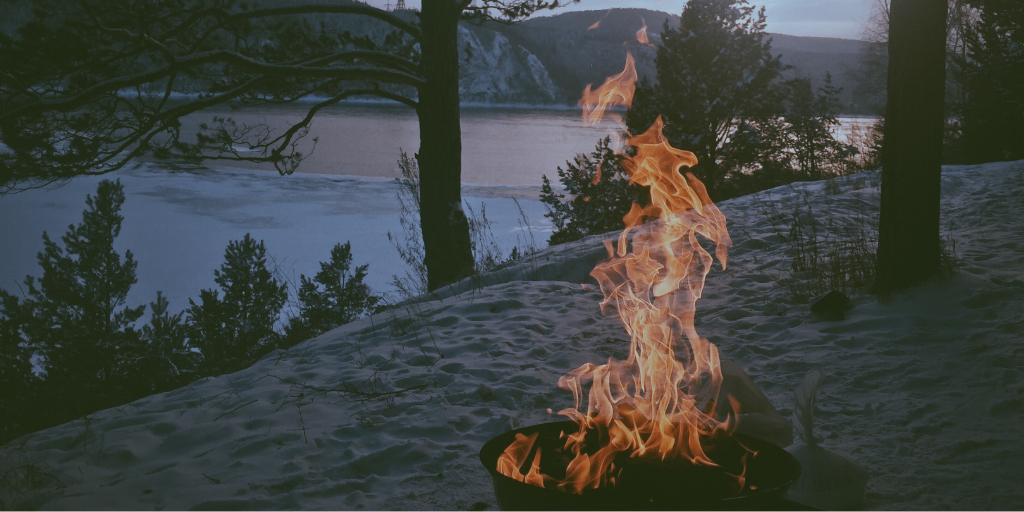Fire and Light

This past week we were tested in the most challenging way: for several days we were forced to deal with a massive BLACKOUT! Electricity has become such a standard part of our lives that we fail to appreciate how many things now depend on being connected to the grid, including hot water, gas range, cell-phone charger, washer and dryer, air conditioner and, most important of all, light!
Light allows us to see and experience, to learn and to know. With light, everything is clearly revealed and obvious to us; without it, we’re in the dark, not sure what’s right in front of our own nose.
It seems most fitting that the blackout occurred during this period of the three weeks of mourning over the loss of our Holy Temple. The Temple illuminated the entire world with knowledge of God; within its walls, one could experience the most exalted spiritual encounter. To our great loss, “From on high He sent a fire” (Lamentations 1:13). Instead of light, fire ravaged our Temple. Instead of the Divine Presence dwelling in the Temple, now She wails at the place of the remaining Western Wall.
Whereas light was created at the beginning of Creation, fire is the result of man’s doing. Fire represents the natural order, where the Divine origin is hidden and man harnesses this energy to build and conquer. Our Sages teach, “On Motza’ey Shabbat the Holy One, blessed be He, gave intelligence to Adam like that found on high; and he [Adam] brought two stones and ground them together and fire emerged from them” (Pesachim 54a). On Shabbat, the day of rest, we acknowledge God’s role in creating the universe. On Motza’ey Shabbat, when this special spirit takes leave and God’s light is once again hidden, we perform Havdalah with fire and recite the blessing “Blessed are You…Who created the luminaries of fire.” Our Sages wanted to insure that we are never deluded to think that we control fate based on how well we manipulate nature.
Fire and everything else have been created for a specific purpose; they are manipulated according to God’s needs. God synthesizes the myriads of these “tools” in order to arrive at a specific outcome. Nature is a reflection of the Divine.
A mikvah must contain forty se’ah of water. The number 40 represents the forty days it takes for the embryo to form in the mother’s womb. The mikvah therefore symbolizes new birth and dramatic change. If a Jew purchases from a heathen a vessel that will be used to contain food, the halakhah requires that he immerse it in the mikvah before using it. This is because eating is a spiritual experience which imparts recognition of God (therefore we give thanks for the food we have consumed). Since the heathen used the vessel in a secular way, devoid of Godliness, it is first submerged in the transformational waters of the mikvah to make it suitable for a Jew and his spiritual needs.
However, our parashah states, “Everything that goes into fire, you should pass through fire and purge” (Numbers 31:23). The halakhah follows that if one cooks non-kosher food in a pot over a fire, the non-kosher food is absorbed into the pot. The pot can be made kosher again only by having it pass through fire, the source that made it non-kosher.
When we live with clarity and faith that everything in our lives is an expression of God’s Oneness, we are free to utilize everything that He has created. In the same way that the mikvah imparts transformation, with a measure of thoughtfulness, our every experience and encounter can serve to expand our appreciation of God. But if we lose this true perspective by subscribing to the laws of nature, we will remain in a perpetual state of disconnect. Only if we face the non-kosher source of our beliefs, and challenge every false notion we have lived with, can we merit to turn on the lights once again.
Based on Likutey Halakhot, Netilat Yadayim 2